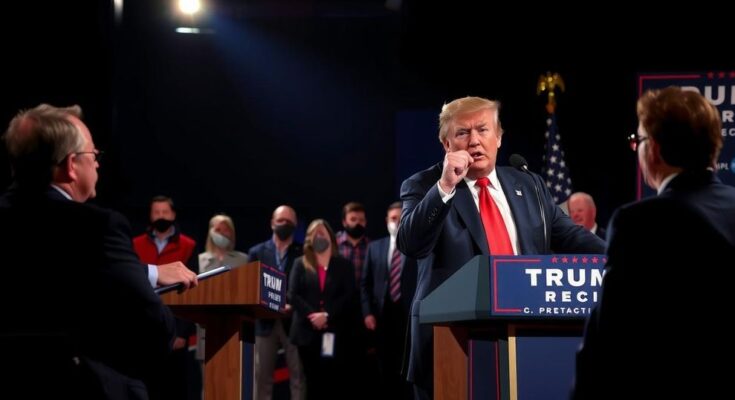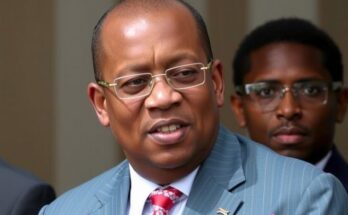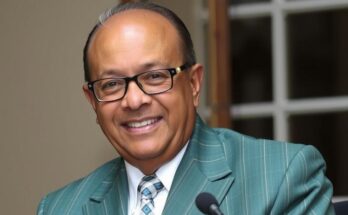Donald Trump’s rally in New York was overshadowed by comedian Tony Hinchcliffe’s derogatory remarks about Puerto Rico, resulting in bipartisan backlash. Such comments may adversely affect Trump’s support among the 5.8 million Puerto Ricans in the U.S., notably in swing states where their votes could decisively influence the 2024 election. Analysts warn that if these remarks alienate voters, it could represent a substantial setback for Trump’s campaign.
In the wake of a controversial incident at a Trump rally in New York, comedian Tony Hinchcliffe’s disparaging remarks about Puerto Rico have sparked significant backlash that could potentially jeopardize Donald Trump’s 2024 presidential campaign. Hinchcliffe labeled Puerto Rico a “floating island of garbage” during the event at Madison Square Garden, prompting condemnation from both sides of the political aisle. Danielle Alvarez, senior adviser for Trump’s campaign, hastily distanced the campaign from Hinchcliffe’s comments, asserting they do not represent Trump’s views. The fallout from Hinchcliffe’s remarks reached notable Puerto Rican figures, such as Bad Bunny and Ricky Martin, who expressed their support for Kamala Harris on social media, highlighting the potential political ramifications of the incident. Political analysts suggest that these comments could significantly affect the electoral behavior of Puerto Ricans in key battleground states, where even a small shift in voter turnout could alter the election’s outcome. With approximately 5.8 million individuals of Puerto Rican origin residing in the U.S., their voting decisions could be pivotal in contests such as in Pennsylvania, where Biden secured victory in 2020 by a narrow margin. Additionally, the sizeable Puerto Rican population in Florida (around 1.1 million) is also viewed as crucial, especially as Democratic candidates seek to rally support in the upcoming elections. Despite differing opinions on the long-term impact, some experts assert that the remark could resonate negatively among undecided voters, particularly among the Puerto Rican community suffering from perceived cultural insensitivity. Nonetheless, others argue that given the early voting landscape, the significance of Hinchcliffe’s joke may be overstated. As the election approaches, Harris’s campaign sees a strategic advantage in leveraging this moment to galvanize support among the Puerto Rican constituency, potentially impacting key swing states.
The incident surrounding Tony Hinchcliffe’s remarks was set against the backdrop of a crucial election season, where candidates vie for the support of diverse voter groups. The significance of Puerto Rican voters cannot be overstated, particularly in swing states where their turnout can greatly influence election results. With a long history of controversy surrounding the treatment and perception of Puerto Rico within the U.S., remarks perceived as disrespectful may galvanize this community’s political activism and impact their voting patterns. The current political climate is charged, with both parties strategically focused on courting ethnic and cultural demographics, underscoring the implications of Hinchcliffe’s comments within the larger electoral context.
In conclusion, Tony Hinchcliffe’s remarks at a Donald Trump rally have generated considerable backlash, potentially jeopardizing Trump’s support among Puerto Rican voters during the critical lead-up to the 2024 election. While the comments have drawn bipartisan criticism and sparked engagement from prominent Puerto Rican figures, the ultimate impact on voter sentiment remains to be fully assessed. Political analysts maintain that even minor fluctuations in Puerto Rican voter participation could significantly sway outcomes in key battleground states, making this a pivotal moment for Trump’s campaign as it navigates the complexities of voter perceptions in a contentious electoral landscape.
Original Source: www.newsweek.com




